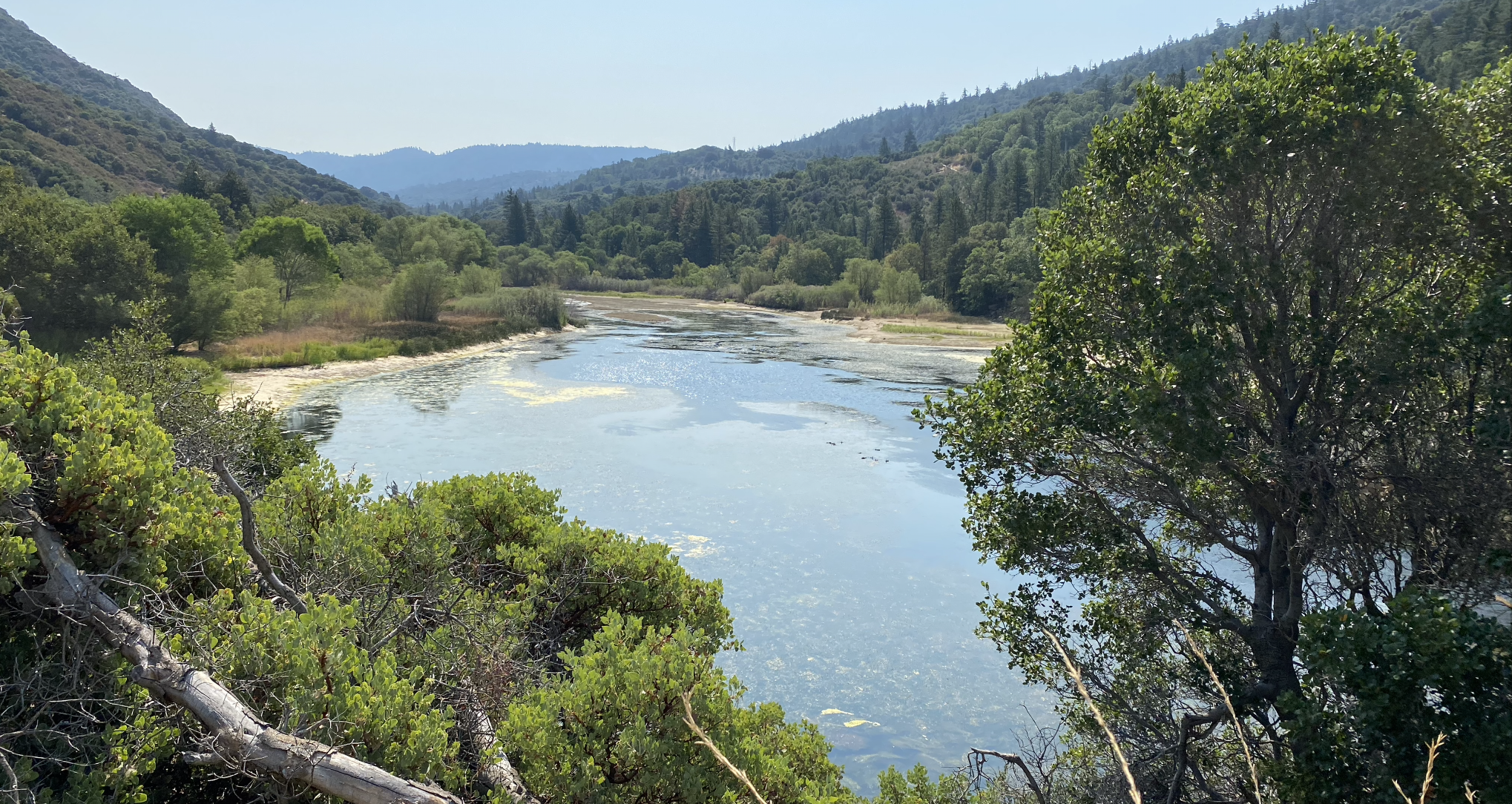Directors Desk: Fires and Philosophy
The state of California is on fire. Truckee, where I lived for seven years, is shrouded in smoke from fires burning too close for comfort. What if a fire approached the town? Two years ago the town of Paradise, CA was destroyed.
Living in small communities or isolated cabins in the woods is riskier than it used to be. Climate change was predicted to result in widespread fires, among other apocalypses (apocolypti ?) and now that is our reality.
Yet real estate in Truckee and other small communities is booming. With the new work-from-home world, people want to get out of the cities if they can. The wealthier among seem to be fleeing urban life to go live in 'fire territory'. The questions of ‘how should we live’ (and where should we live) are being re-examined more than they have been in decades if not centuries.
I'm reminded of a story from Brazil from an effort known as the landless movement. Groups of people use something akin to 'squatters rights' to move en masse onto land technically owned by wealthy land-owners, and set up a community overnight. By establishing a community on land that wasn't otherwise being used, the national laws offered some protection, and the community stands a good chance of remaining. It is a radical, disruptive means to create a better life, and it requires a re-imagining of some typical community structure.
Among other basic functions, these landless movement communities naturally create schools for the children. In the spirit of radical re-imagining, a key feature for even the young children in elementary schools is philosophy class. You might be wondering, how do you teach young children philosophy? We think of philosophy as reading old texts from foundational thinkers, walking the paths of intellectual exploration that they cleared through the messy thinking of early human civilization. That's not what young Brazilian kids in landless movement schools were doing.
Instead, philosophy for young kids in landless schools involves asking very simple questions like ‘how should people live?’ and then giving students space to explore. They practice the intellectual, human ability to imagine various types of human societies from a young age. I find that incredibly exciting.
Think about that for a moment: How should people live?
At the Sierra Club, we share an environmental ethos, at least a partial answer to that question. We believe people should live in a way that does as little harm the natural world as possible.
In this time of change, we are all being asked to do more philosophy. The fires raging across the state are devastating life for some. 'How should we live' becomes a very immediate problem if your home is destroyed. In our cities as well, Covid changes the landscape. There's more outdoor dining, and less commuting. There are more deaths, our medical system is adapting and innovating. For millions of us, living in polluted air is a more urgent crisis than ever before.
I believe we need to make our cities more livable, and available for more people to live. If we are to reduce our climate emissions, we need to clean up the air pollution in our cities. We need to reduce the miles traveled by vehicles by helping people live close to where they want to be. We need green space as well -- parks, trails and wetlands. And this means change.
Climate and covid are changing our way of life. Our communities will change if they are ravaged by fire. They will change if we replace dirty industry with clean industry. They will change if people can live close to where they work. If change is the only constant, then it is not up to us to resist change, but rather, to imagine 'how do we want to live', and be the leaders to make that happen.
The Angeles Chapter is committed to supporting Sierra Club volunteer leaders in imagining and advocating for this change. We are in the midst of hiring a conservation coordinator to support this work. We are deepening connections with Sierra Club national staff to better coordinate, to build trust, to imagine together. We are learning how to run an organization virtually. We are uniquely poised to do this work, and I am so excited to be here doing it with you.
Explore the Fires burning in California with the LA Times Fire Map:
Photo credit: Morgan Goodwin, Silverwood Reservoir



Add new comment